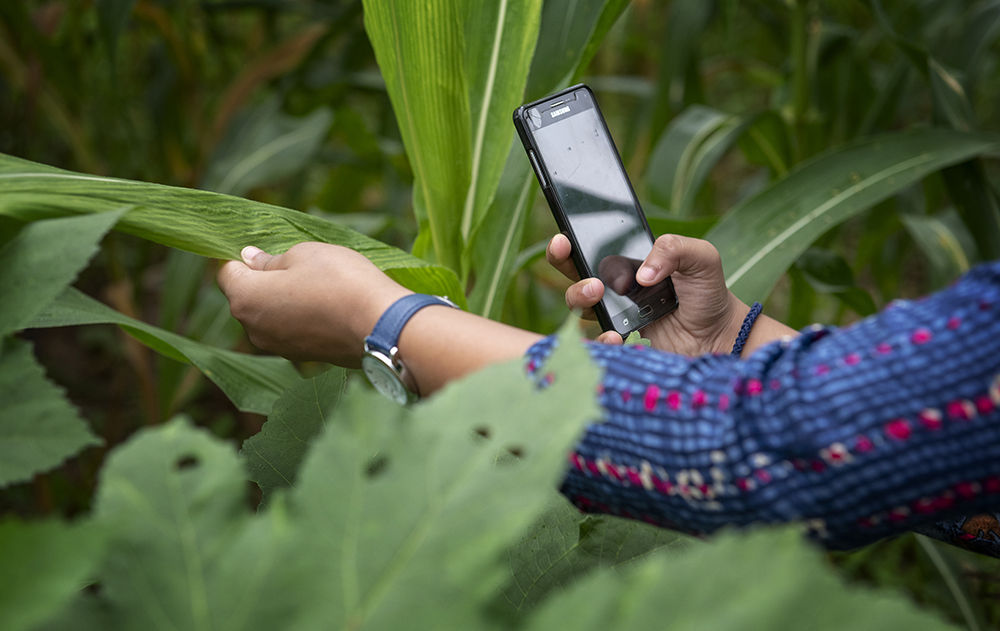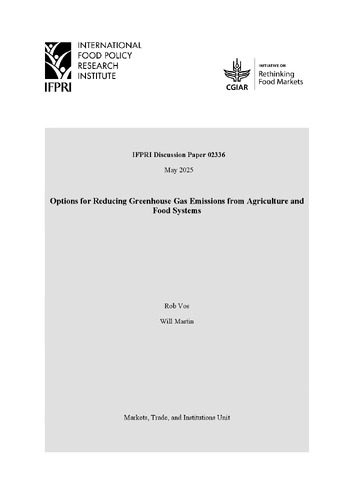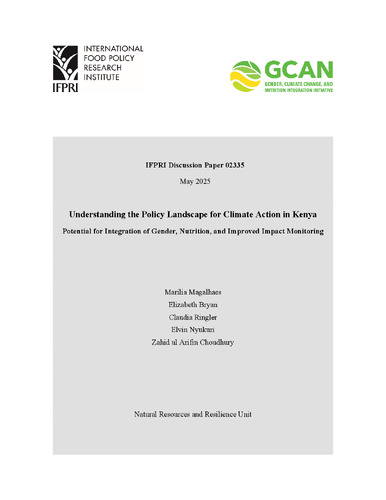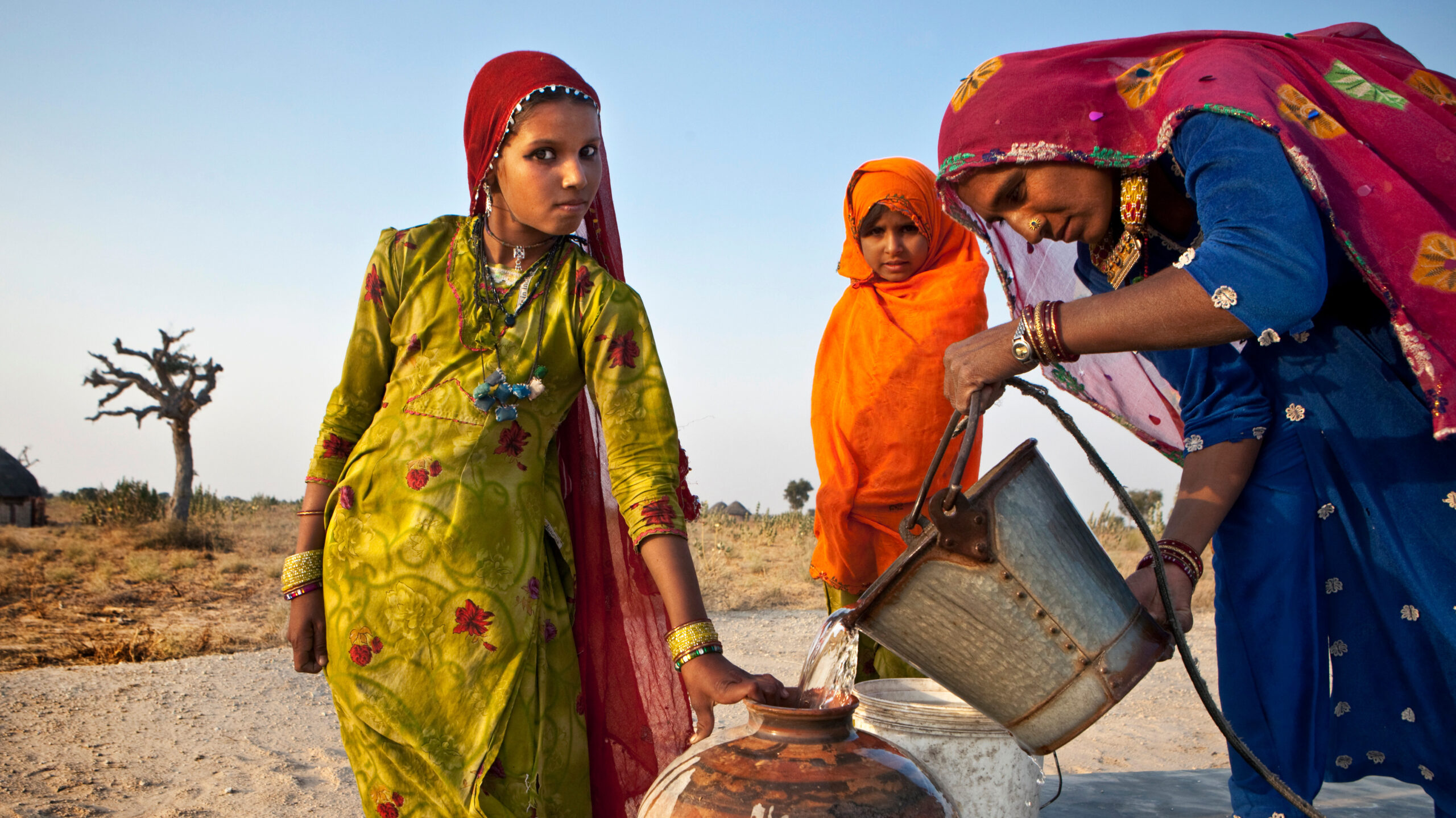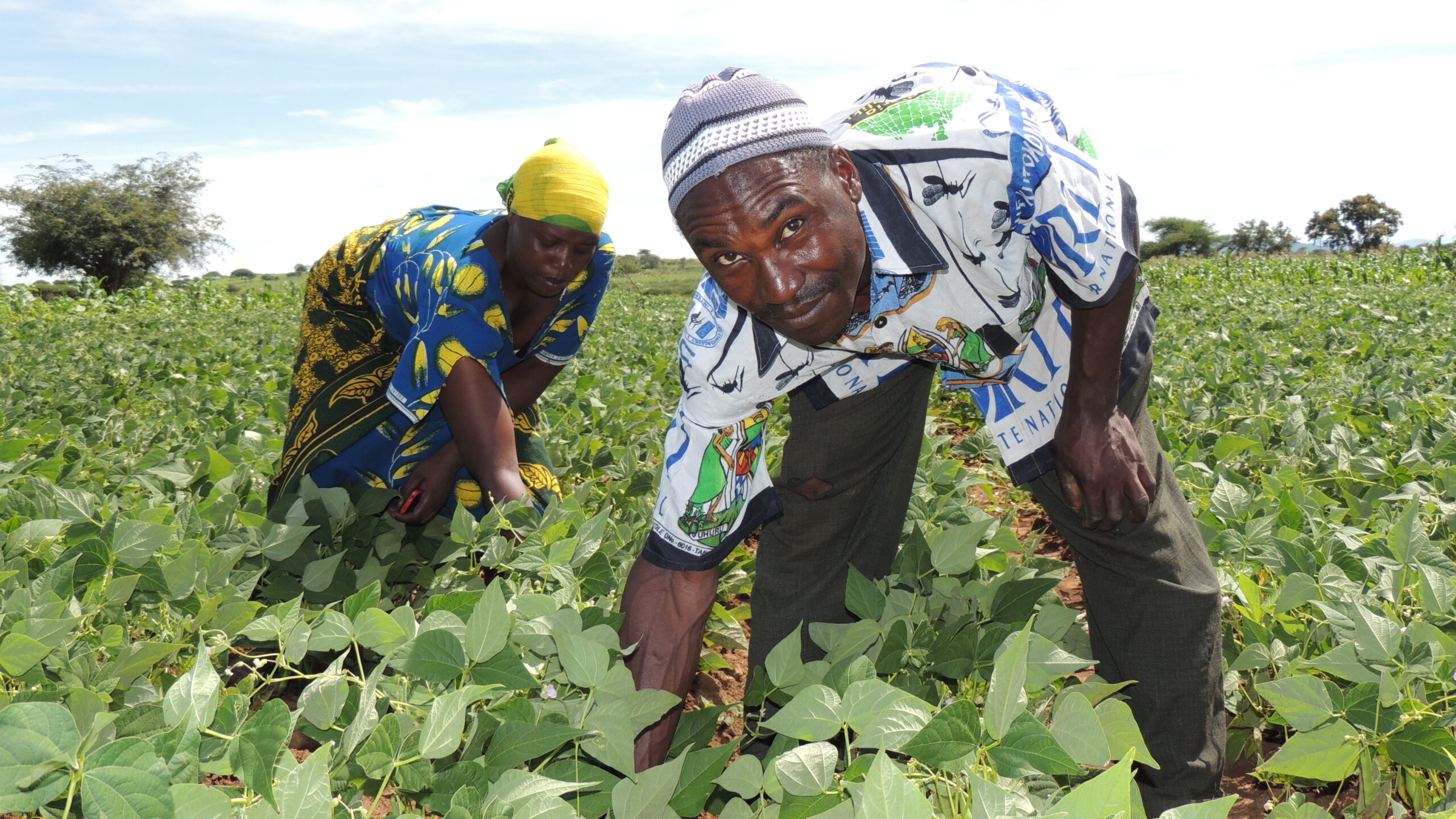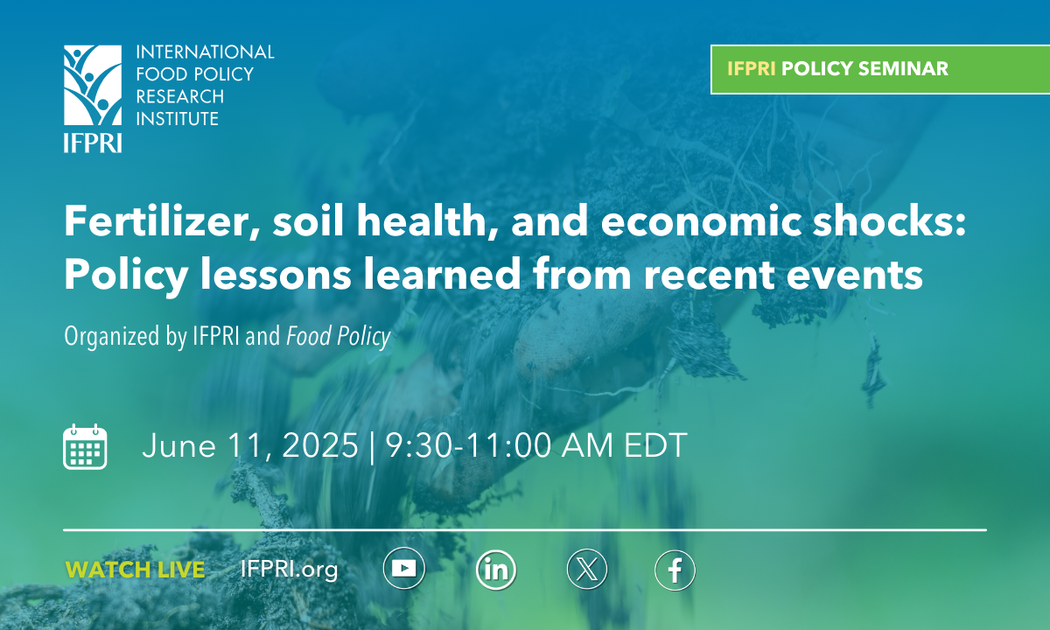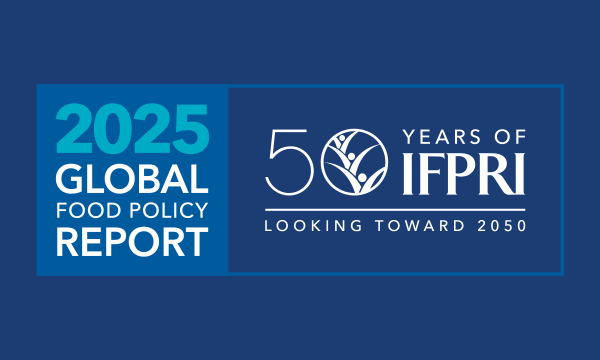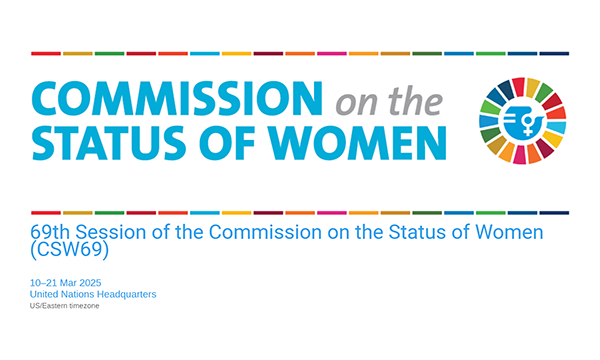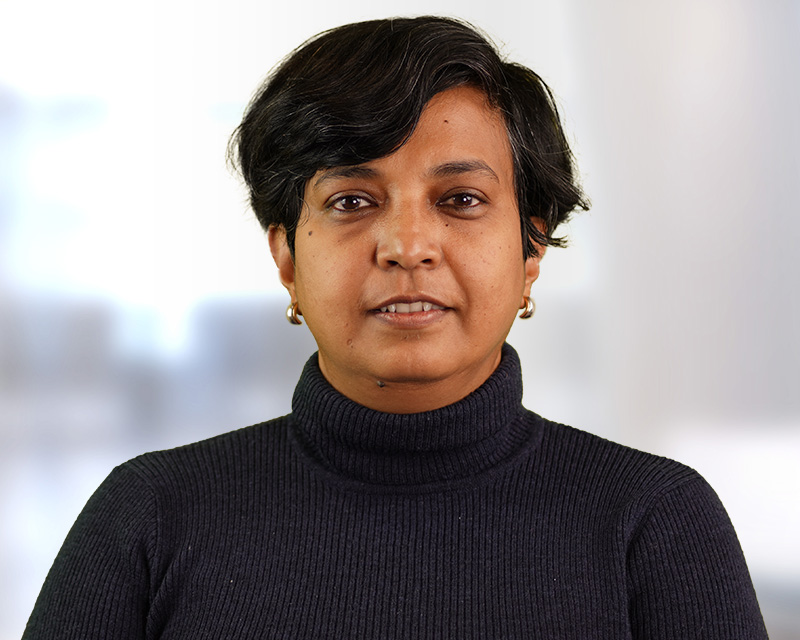Overview
The Innovation Policy and Scaling Unit’s primary focus is on the generation, exchange, and application of science and technology for agriculture, food, and nutrition. This work also emphasizes improving both policies and practices that shape decision-making by governments, private enterprises, and civil society in global and local food systems.
Research areas range from the global policy regimes governing genetic innovation in agriculture, to private sector investment strategies in the crop sciences, to the behavioral dimensions of technology adoption in farmers’ fields. Applied research is combined with strategic partnerships and capacity development to inform and support key policy, regulatory, and investment choices for food systems in partner countries and organizations.
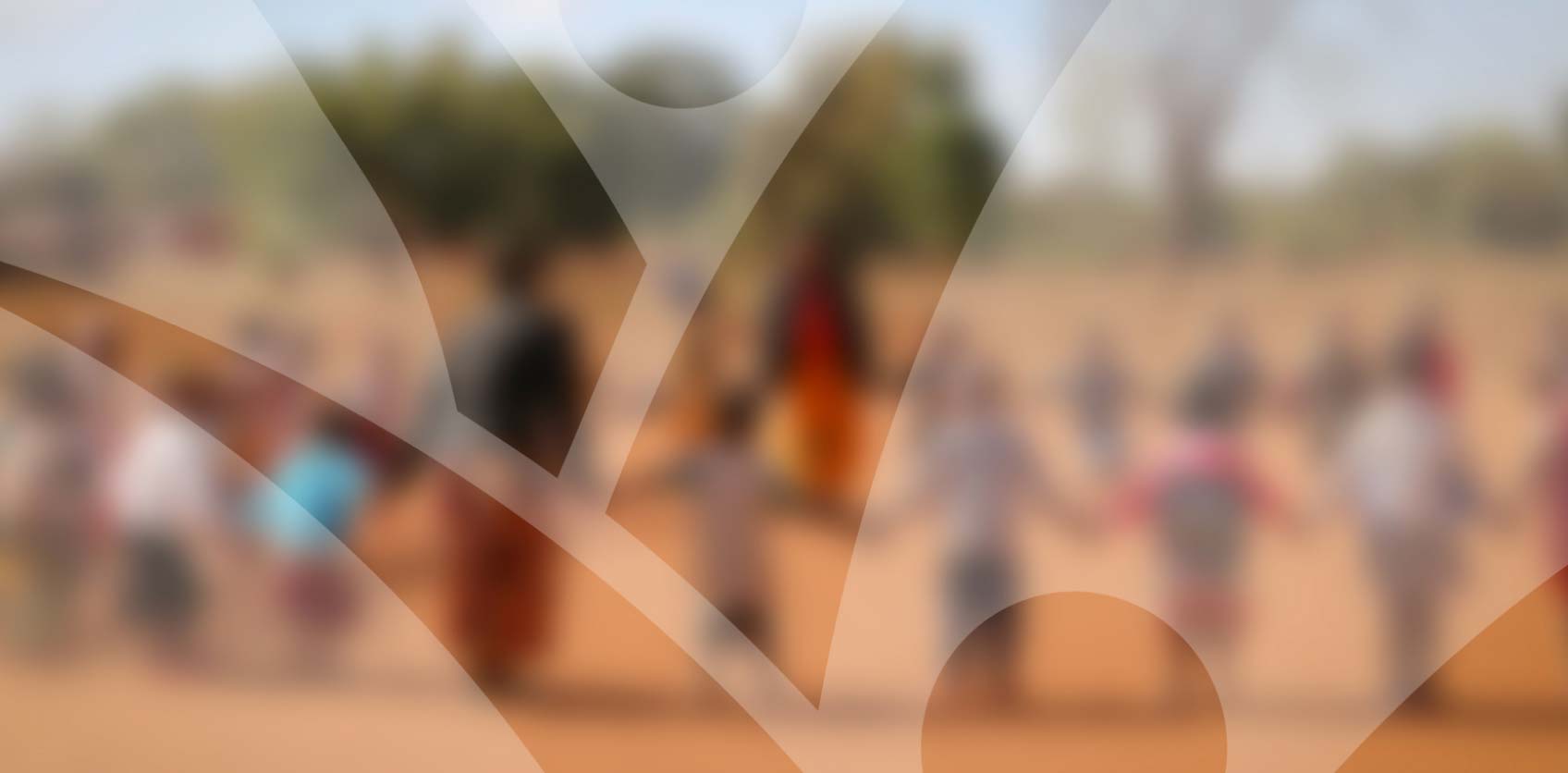
In this video, David Spielman, the Unit director, emphasizes the key role science and technology play in the transformation of our food systems, while recognizing the limits of science when not enough attention is given to innovation systems and processes, people preferences, enabling environments, and other key aspects. “The IPS unit is a team of people who bridge the gap between research and execution in the policy space.”
Areas of Focus
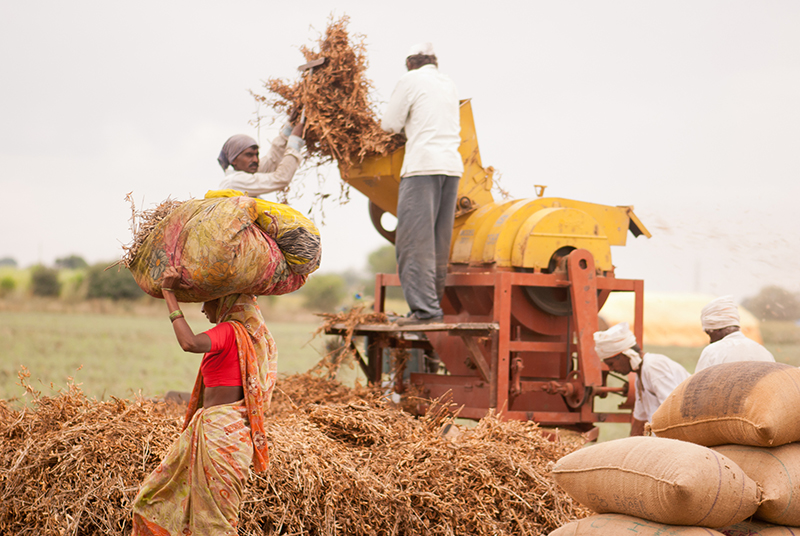
Agricultural and innovation systems strengthening
IPS works with reputable research, scaling, and policy partners in low- and middle-income countries and uses proven approaches to capacity development to strengthen policies, regulations, programs, and investments in agricultural science, technology and innovation, and inclusive and sustainable development.
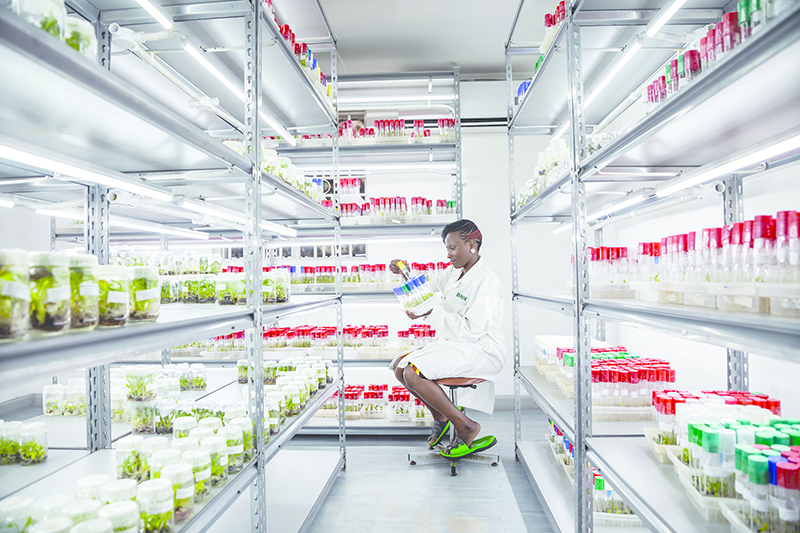
Innovation policies and practices
State-of-the-art methods, tools, and data are used by IPS researchers to conduct forward-looking scenario analysis, ex-post causal impact evaluation, formative program assessments, and integrated analyses to understand the impacts of innovation policies and practices on genetic resources, seed systems, biofortification, and biosafety policy; agronomy and soil health; gender and equity; and industry structure and market power.
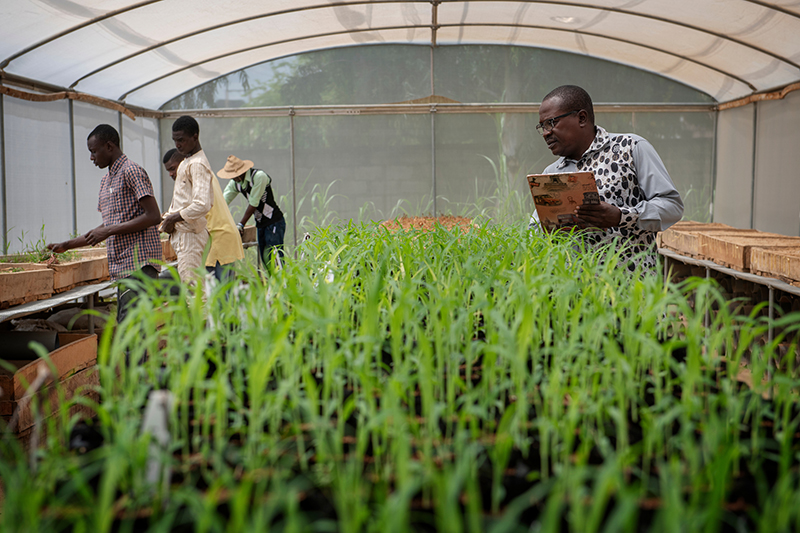
Delivery and scaling mechanisms
To generate evidence on the impact of innovative delivery and scaling strategies and programs, IPS researchers collaborate with country partners and experts in biological and physical sciences to conduct impact evaluations of new agricultural science and technologies, inputs, and practices, bundled with information, financial, digital, and gender-intentional services.
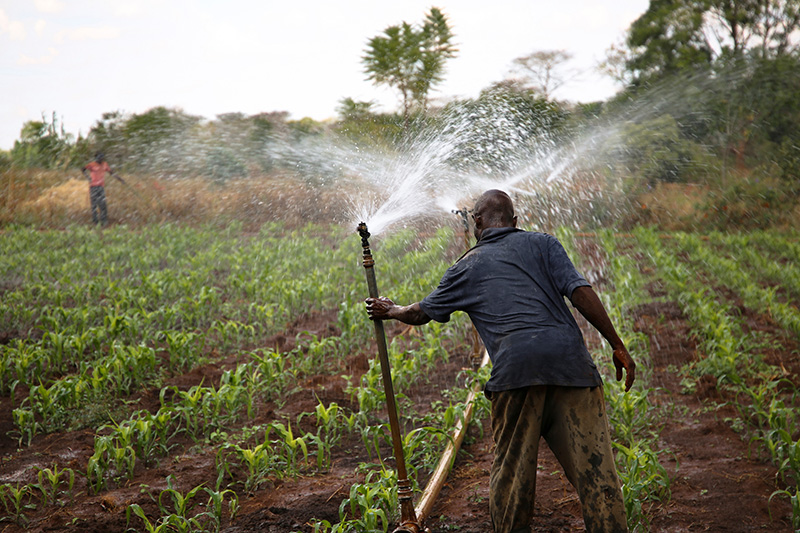
Policy and regulatory implementation
Actionable, evidence-based policy and regulatory options are needed to increase public and private investment in science, technology, and innovation. IPS has an extensive track record of conducting strategic analysis to provide decision-makers with technical guidance and recommendations on biofortification, biosafety, genetic resources, and innovation systems to bridge the policy design to implementation gap.
Explore our latest research
Blogs
Events
Recent Work
-
Statistics from Space
-
Agricultural Science and Technology Indicators (ASTI)
Sound policies require access to up-to-date and reliable S&T investment data providedby ASTI.Visit ASTI Website




